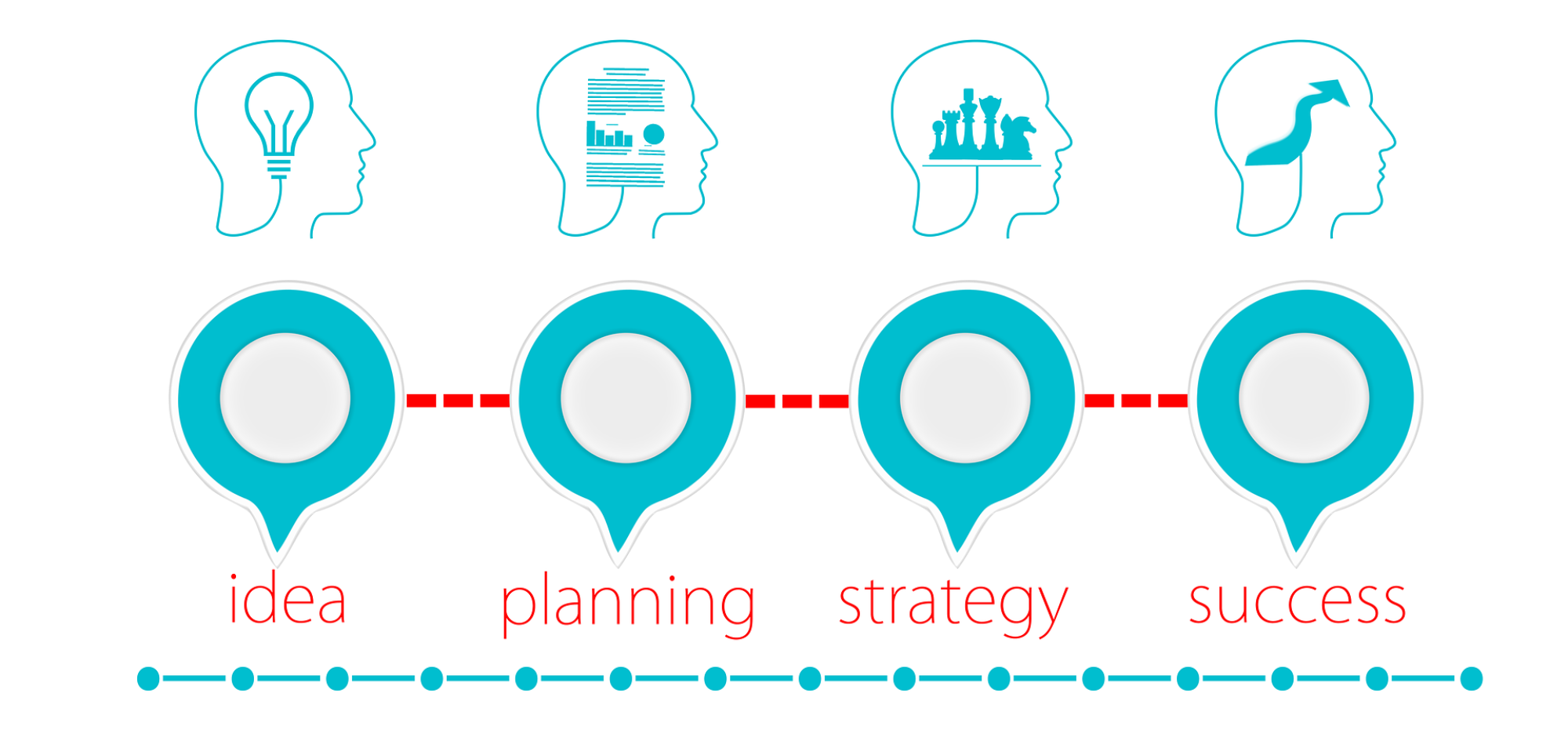The best transaction increase in investment banking history occurred in 2021, following the COVID-19 epidemic. In little than a year, the market went from being a no-man’s-land to becoming the promised land. Firms moved from having too much time on their hands to having too many deals. Let’s look at some of the most current technological advances and how they’ll affect how investment banks locate and conclude them.
• SaaS Sales Models
The way IT corporations market products and services has become well-known, according to Joseph Stone Capital. Every year, 1.35 million new digital businesses enter the market, creating competition and pressure to meet investor performance expectations. Sales teams in the Software-as-a-Service (SaaS) industry don’t have time to squander incorrect leads or wait for the perfect ones to come to them.

That’s why most IT businesses hire professional business development representatives (BDRs) to find and assess prospects that fit the company’s desired client characteristics. Tech businesses add weights to various profile variables and build automated lead scoring to assist BDR and sales teams with one prospect over another.
• Hybrid Conference Strategies
Trade fairs and conferences were among the most successful deal origination tactics for investment banks before COVID-19. Firms went to the major exhibitions and spent hours wandering the expo halls looking for profitable ties. With the global pandemic, however, everything changed.
Five Hundred major trade exhibitions have already been postponed as of March 12, 2020, just weeks after coronavirus made the news. Dealmakers were suddenly compelled to abandon lanyards and handshakes in favor of home offices and Zoom conversations. As conventional relationship-based approaches become unworkable, investment banks moved to new technology- and data-driven deal-sourcing methodologies.
• Artificial Intelligence Applications
Artificial intelligence (AI) is the process of computers mimicking human intelligence to make smarter, faster decisions and accomplish tasks. Some applications include automation, machine learning (ML), natural language processing (NLP), robotics, and even self-driving cars.
Even though just 15% of financial services businesses (including investment banks) employ AI-powered technology significantly, over 90% expect to boost AI-related expenditures by 2025, according to a recent poll. Investment banks are using AI technology at a higher rate than their financial services competitors, according to the report.
• Agile Processes
A group of software developers got together shortly after the century and created a core set of guiding principles for producing products in today’s fast-moving and highly competitive marketplace, according to Joseph Stone Capital.
An Agile method, in contrast to traditional linear, inflexible, and top-down “waterfall” procedures, stresses breaking tasks into smaller parts, continual iteration, improvement, and individual accountability combined with team cooperation. Data is also a part of the Agile approach since it allows teams to test, prove, or rewrite concepts at any point throughout the project.
• Decentralized Finance
Defi is a system that leverages blockchain and other comparable technology to allow for safe, programmable, near-real-time transactions between digital asset holders. Because there is no centralized authority regulating these transactions, Defi is frequently referred to as “bankless finance.” That increases the risk, but it also gives participants greater flexibility and reduces taxes and red tape.
